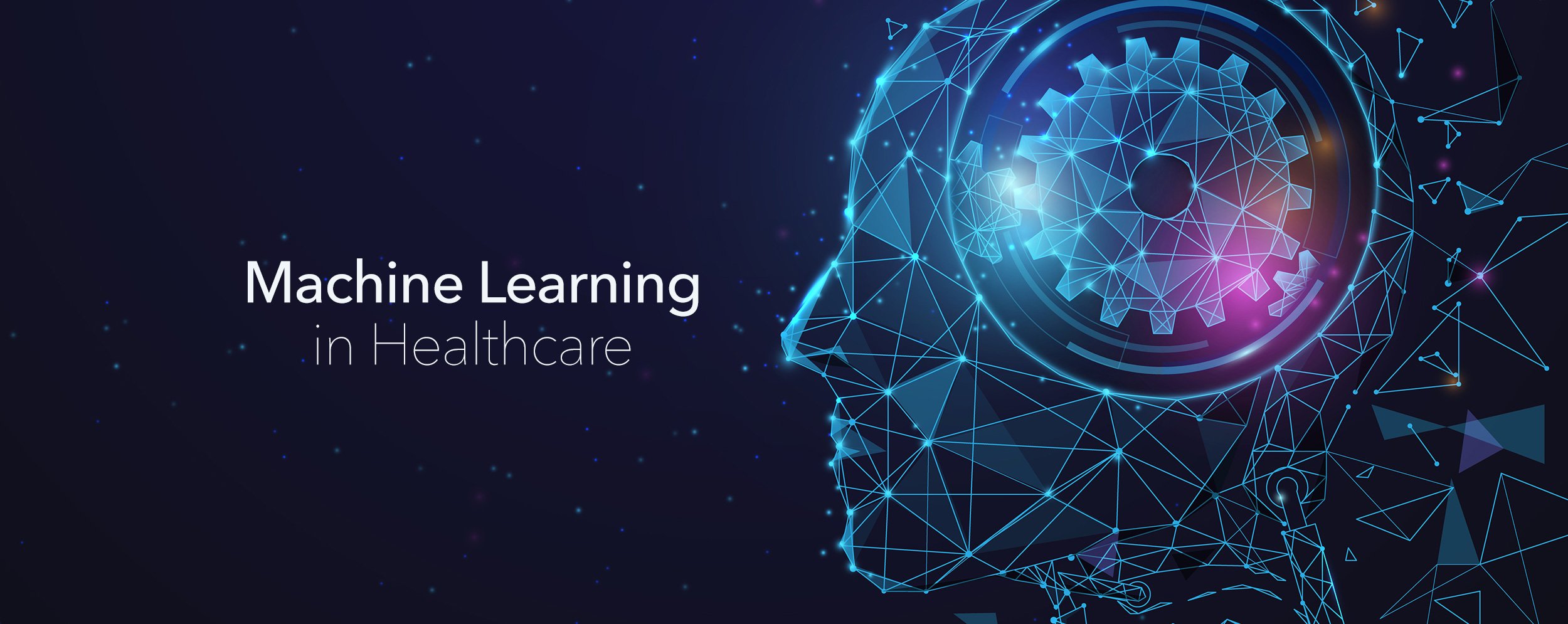Machine learning (ML) is transforming various sectors, with healthcare being one of the most promising areas for its application. ML technologies enable the analysis of vast amounts of data to uncover patterns and make predictions that can significantly enhance diagnosis and treatment. This article explores the use of machine learning in healthcare, focusing on its role in diagnosis and treatment prediction, the benefits it brings, and the challenges that need to be addressed.
The Role of Machine Learning in Healthcare
Enhancing Diagnostic Accuracy
One of the primary applications of machine learning in healthcare is improving diagnostic accuracy. ML algorithms can analyze medical data, including images, lab results, and patient histories, to identify patterns that may be indicative of specific conditions. This ability to process and learn from large datasets allows ML models to assist healthcare professionals in diagnosing diseases more accurately and earlier than traditional methods.
For instance, in radiology, ML algorithms are used to interpret medical images such as X-rays, MRIs, and CT scans. These algorithms can detect anomalies and identify signs of diseases such as cancer, pneumonia, and fractures with high accuracy. By augmenting the capabilities of radiologists, ML helps reduce diagnostic errors and improve patient outcomes.
Predicting Disease Progression
ML is also used to predict the progression of diseases, which is crucial for effective treatment planning. By analyzing patient data over time, ML models can forecast the likely course of a disease, enabling healthcare providers to intervene earlier and more effectively. This predictive capability is particularly valuable for chronic conditions such as diabetes, heart disease, and neurodegenerative disorders, where early intervention can significantly impact the quality of life and treatment success.
Machine Learning in Treatment Prediction
Personalized Medicine
Personalized medicine is a growing field that tailors medical treatment to the individual characteristics of each patient. ML plays a vital role in this approach by analyzing genetic, environmental, and lifestyle data to identify the most effective treatments for specific patients. This individualized approach ensures that patients receive therapies that are most likely to be effective for their unique conditions, reducing the trial-and-error aspect of traditional treatments.
For example, in oncology, ML models can analyze genetic data from a patient’s tumor to predict which chemotherapy drugs are most likely to be effective. This targeted approach not only improves the efficacy of treatment but also minimizes side effects and enhances patient quality of life.
Optimizing Treatment Plans
ML is also used to optimize treatment plans by predicting patient responses to different therapies. By analyzing historical data, including treatment outcomes and patient characteristics, ML models can recommend the best course of action for new patients with similar profiles. This application is particularly valuable in complex conditions where multiple treatment options exist, and selecting the most effective one can be challenging.
For instance, in mental health, ML algorithms can predict which patients are likely to respond best to specific antidepressants based on their medical history and genetic data. This capability helps clinicians make more informed decisions, reducing the time it takes to find the right treatment and improving overall patient outcomes.
Benefits of Machine Learning in Healthcare
Improved Patient Outcomes
The primary benefit of ML in healthcare is the potential for improved patient outcomes. By enhancing diagnostic accuracy, predicting disease progression, and personalizing treatment plans, ML helps ensure that patients receive the right care at the right time. This leads to better health outcomes, higher patient satisfaction, and reduced healthcare costs.
Efficiency and Cost Savings
ML can also improve the efficiency of healthcare delivery by automating routine tasks and optimizing resource allocation. For example, ML algorithms can streamline administrative processes, such as patient scheduling and billing, freeing up healthcare professionals to focus on patient care. Additionally, by predicting patient needs and optimizing treatment plans, ML can reduce unnecessary tests and treatments, leading to significant cost savings for healthcare systems.
Early Detection and Prevention
Early detection and prevention are critical for managing many diseases, and ML excels in this area. By analyzing large datasets and identifying subtle patterns, ML algorithms can detect early signs of disease that may be missed by traditional methods. This capability allows for earlier intervention, which can prevent diseases from progressing and reduce the overall burden on healthcare systems.
Challenges and Ethical Considerations
Data Privacy and Security
The use of ML in healthcare raises important questions about data privacy and security. Healthcare data is highly sensitive, and ensuring that patient information is protected is paramount. Organizations must implement robust data protection measures and comply with regulations such as the General Data Protection Regulation (GDPR) to safeguard patient privacy.
Bias and Fairness
ML models can inadvertently perpetuate biases present in the training data, leading to unfair or inaccurate predictions. For example, if a dataset predominantly includes data from a specific demographic group, the resulting ML model may not perform well for other groups. Ensuring fairness and reducing bias in ML models is a critical challenge that requires ongoing research and vigilance.
Interpretability and Transparency
Another challenge is the interpretability and transparency of ML models. Many ML algorithms, particularly deep learning models, are often seen as "black boxes" that provide little insight into how they make predictions. In healthcare, where decisions can have significant consequences, it is essential to understand and trust ML models' outputs. Developing methods to make ML models more interpretable and transparent is an active area of research.
Conclusion
Machine learning has the potential to revolutionize healthcare by enhancing diagnostic accuracy, predicting disease progression, and personalizing treatment plans. These advancements can lead to improved patient outcomes, greater efficiency, and significant cost savings. However, realizing the full potential of ML in healthcare requires addressing challenges related to data privacy, bias, and interpretability. By navigating these challenges, the healthcare industry can harness the power of ML to transform patient care and advance medical science. As research and technology continue to evolve, the integration of ML in healthcare promises to bring about a new era of precision medicine and improved health for all.
